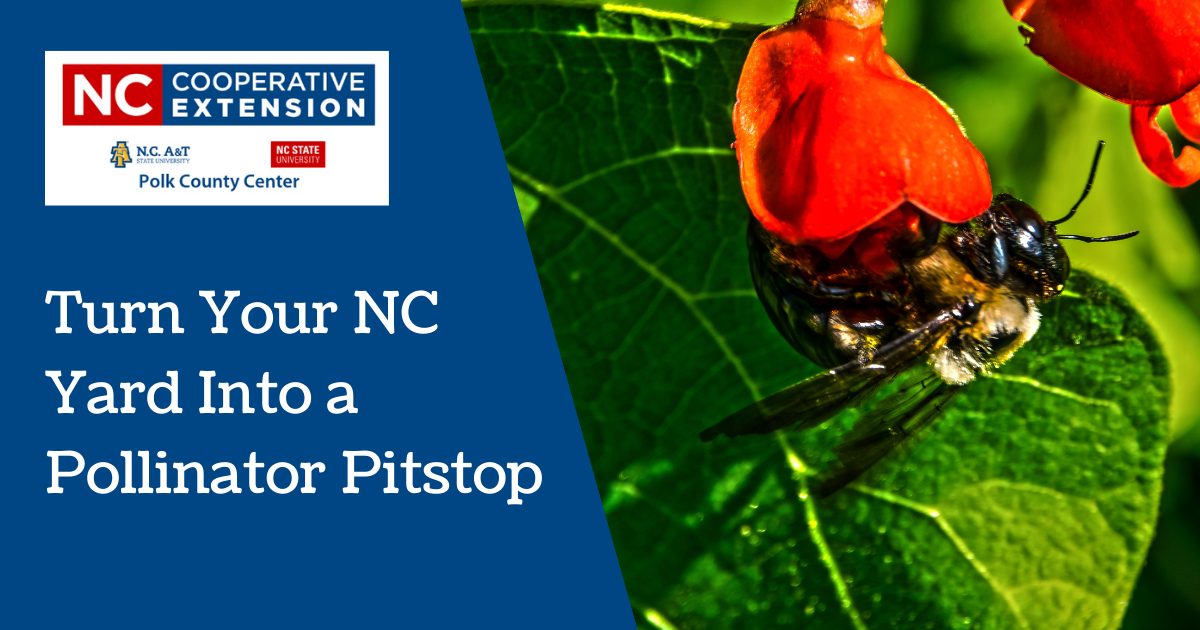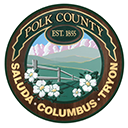Turn Your NC Yard Into a Pollinator Pitstop
go.ncsu.edu/readext?783601
en Español / em Português
El inglés es el idioma de control de esta página. En la medida en que haya algún conflicto entre la traducción al inglés y la traducción, el inglés prevalece.
Al hacer clic en el enlace de traducción se activa un servicio de traducción gratuito para convertir la página al español. Al igual que con cualquier traducción por Internet, la conversión no es sensible al contexto y puede que no traduzca el texto en su significado original. NC State Extension no garantiza la exactitud del texto traducido. Por favor, tenga en cuenta que algunas aplicaciones y/o servicios pueden no funcionar como se espera cuando se traducen.
Português
Inglês é o idioma de controle desta página. Na medida que haja algum conflito entre o texto original em Inglês e a tradução, o Inglês prevalece.
Ao clicar no link de tradução, um serviço gratuito de tradução será ativado para converter a página para o Português. Como em qualquer tradução pela internet, a conversão não é sensivel ao contexto e pode não ocorrer a tradução para o significado orginal. O serviço de Extensão da Carolina do Norte (NC State Extension) não garante a exatidão do texto traduzido. Por favor, observe que algumas funções ou serviços podem não funcionar como esperado após a tradução.
English
English is the controlling language of this page. To the extent there is any conflict between the English text and the translation, English controls.
Clicking on the translation link activates a free translation service to convert the page to Spanish. As with any Internet translation, the conversion is not context-sensitive and may not translate the text to its original meaning. NC State Extension does not guarantee the accuracy of the translated text. Please note that some applications and/or services may not function as expected when translated.
Collapse ▲
Did you know that one out of every three bites of food we eat comes as a result of pollinators? Although they are wonderful to observe, birds, bees, bats, beetles, butterflies, moths, and other insects are also vital to our survival. To show our appreciation, and to support them in their efforts, we can actually turn our yards into pollinator-friendly habitats.
The North Carolina Wildlife Federation actually makes this endeavor easy by offering a native pollinator seed mix that you can buy with the goal of creating a dedicated garden area for your pollen-loving visitors. The seeds will arrive in a packet that includes a mix of at least 7 different species of native pollinator plants that support both larval and adult stages of local pollinators.
Once you have created your garden, you might want to register it as a Pollinator Pitstop, part of a network of sites across the state dedicated to starting or expanding native pollinator gardens. In addition, your local N.C. Cooperative Extension office offers free advice on how to add native plants to your garden to create wildlife habitats that make your yard beautiful and a place where pollinators will want to hang out.




